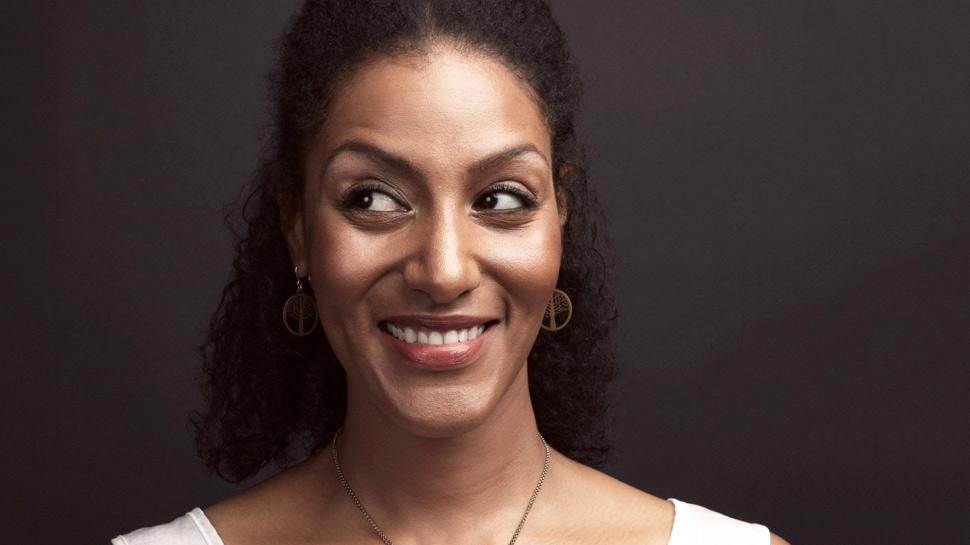In the 90s, as an executive at Nickelodeon, Gerry Laybourne, my boss, and I began a trial flex-time program. I'd already made the commitment to leave the office at 5:30 two days a week to squeeze in an essential work-out before going home to my family. Sheryl Sandberg, the Chief Operating Officer at Facebook, agrees that leaving work at a reasonable time still remains provocative. In her new book, Lean In: Women, Work, And The Will To Lead, she examines the progress, or not, women have made in securing leadership positions during these past two decades. As a former Google executive and Chief of Staff at the United States Treasury Department, she has been at the table (one of her commandments for women to be successful) watching what separates the career trajectories of women from men. Taking risks is a big piece of her manifesto to "lean in."
Q: What’s the most significant risk you’ve taken professionally?
Sheryl: This felt extremely risky. After I had my first child, I began to leave work at 5:30 so I could get home in time to nurse. Once my son was asleep, I would jump back online and continue my workday. Still, I went to great lengths to hide my schedule and worried that if anyone knew I was leaving the office at that time, they might assume I wasn't completely dedicated to my job.
Once I became COO, I wanted co-workers to know that Facebook cared more about results than face-time so I opened up at a company-wide meeting and stated that I left at 5:30. Later, this "news" became public and spread throughout the internet. Journalist Ken Auletta joked that I could not have gotten more headlines if I "had murdered someone with an ax."
While I was glad to jump-start the discussion, all the attention gave me this weird feeling that someone was going to object and fire me. I had to reassure myself that this was absurd. Still, the clamor made me realize how hard it would be for someone in a less-senior position to ask for or admit to this schedule. We have a long way to go before flextime is accepted in most workplaces. And it will only happen if we keep raising the issue.










